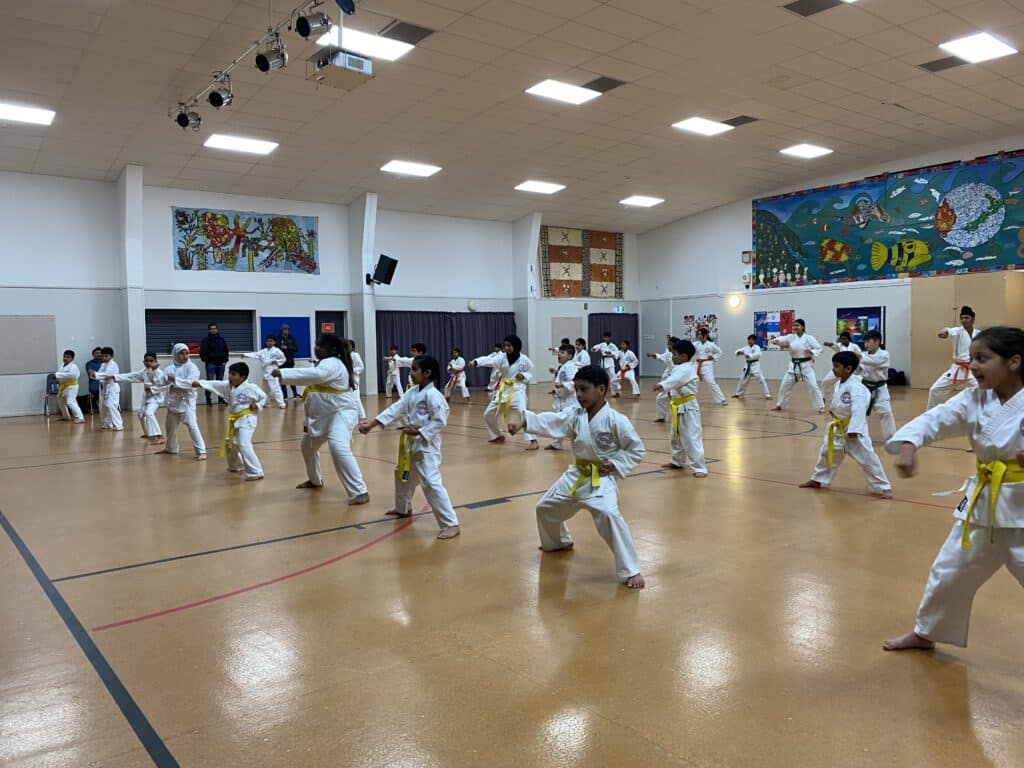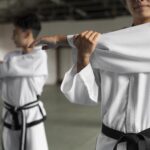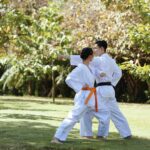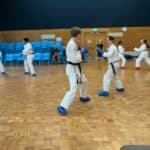Martial arts have always been a paradox: you train for combat but strive for peace. It’s less about breaking bones and more about mastering the self—developing character, discipline, confidence, emotional control, strategic thinking, and self-awareness.
And—of course—learning how to maintain composure under pressure.
But not every institute in the city will get you there.
So don’t go googling “best club for martial arts in Auckland”.
After all, any club can teach you the moves. But only a select few will help shape who you become. Here’s how to choose a club that truly aligns with your goals.
Before You Start Comparing Clubs, Know This:
Martial Arts Isn’t One-Size-Fits-All
Some styles emphasise speed and agility. Others build endurance. And some focus on building brute strength—the kind that looks straight out of a Hollywood fight scene.
So while all disciplines—yes, every single one of the 180+ taught in dojos—offer value, the real question is: which one will match your individual goals and preferences?
If you want to learn:
- grappling and submissions, try Brazilian Jiu-Jitsu
- Full contact sparring, Muay Thai might catch your eye
- fast-paced striking for self-defence, Taekwondo will treat you well
Whatever you choose, you’ll find an institute in Auckland that specialises in that discipline. But if you’re after a philosophy that balances self-defence with personality development and character building, then Karate at LBKI is pretty hard to beat.
How to Find the Best Club for Martial Arts in Auckland:
Not all dojos are created equal. Here’s how to spot the ones that actually earn their stripes.
Make Sure the Curriculum Matches Your Goals
Before you even set foot in a dojo, ask yourself what you’re really looking for.
- Are you learning to protect yourself better?
- Are you aiming to compete?
- Are you after a new form of exercise?
- Do you want something that teaches mindfulness for stress relief?
- Do you want something that boosts your confidence and self-esteem?
Having clear goals will help you choose an institute that offers a well-structured, flexible, and progressive curriculum that supports your desired outcomes.
Look for Instructors Who’ve Proven Their Mettle
If you want to grow in martial arts, train with someone experienced—because in this field, experience often is expertise. After all, belts aren’t given as a participatory award for being active in class; they’re earned through years of mastering techniques, developing a deep understanding of the art, and skill in different fighting styles.
A seasoned trainer will do more than just instruct; they will also provide guidance and support. They will:
- Teach you techniques through hands-on practice
- Guide your progress through focused feedback
- Push you to improve by identifying areas of growth
Martial arts is a long-term activity, so make sure you don’t skip this due diligence!
Pay Attention to Class Size
The more students there are, the less attention each one receives.
If you don’t want to fade into the background, choose a club with class sizes small enough for the sensei to give you individual attention. When instruction is tailored to your strengths, interests, and learning style, it fosters a nurturing environment that makes you more likely to stay engaged and motivated to reach your full potential.
Choose One That Fosters a Supportive Culture
The senpai-kohai dynamic is a core part of traditional martial arts. That’s why one of the best ways to understand a dojo’s culture is by watching how students interact.
- Do they support each other during drills?
- Is there mutual respect and encouragement?
- Do new members feel welcomed and included?
These small details reveal a great deal about the environment in which you’ll be training.
Don’t Overlook the Importance of Good Facilities
A clutter-free, well-maintained dojo serves a purpose beyond aesthetics.
Regular maintenance of training gear, such as mouthguards, gloves, wraps, and mats, plays a significant role in keeping the space safe. Routine inspections help identify wear and tear early on, allowing damaged equipment to be replaced and preventing further damage or injury.
Moreover, it will protect you from staph infections, especially MRSA, as the bacteria can spread through skin-to-skin contact or by touching contaminated surfaces.
Prioritise Flexible Class Timings
Between school runs, long workdays, and daily chores, sticking to a fixed schedule isn’t always realistic—even when you plan your day down to the last detail. That’s why it’s smart to choose a martial arts club with flexible class timings. Bonus points if it’s close to your home or workplace, because convenience makes consistency easier.
Before You Decide, Try a Trial Class
Still not sure where to begin? Ask around—friends, colleagues, even neighbours might come through with recommendations. Or do a quick Google search to find institutes for martial arts in Auckland near you. Note down a few options, visit them in person, and pay attention to more than how the space looks; watch how the classes are run, how the instructors teach and interact, and how engaged the karatekas are.
Once you’ve narrowed your options down to a few—preferably ones that hit the holy trifecta of safety, skill, and personal growth- take the next step: book a trial class.
The best ones will offer it for free, no strings attached.
Take Home Message:
Serious about learning martial arts in Auckland? Lion Budokan Karate International should be your first stop. Our instructors have years of experience under their black belts (pun intended). From your very first class, you’ll be guided by experts who understand the art deeply and know exactly how to bring out your best through it.
Book a free trial at any of our branches and see why karatekas across the city choose to train with us.














